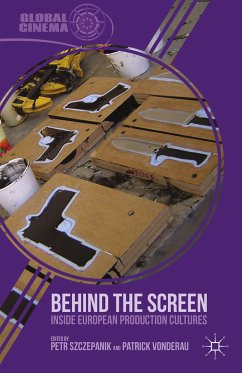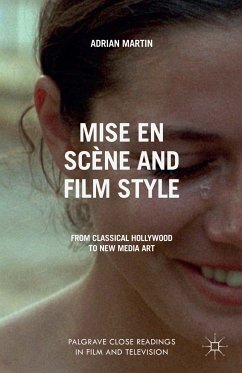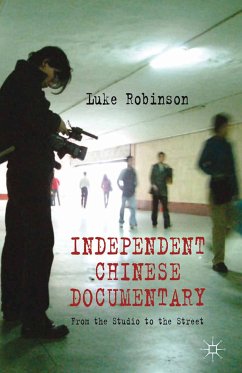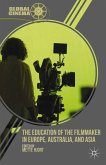Dieser Download kann aus rechtlichen Gründen nur mit Rechnungsadresse in A, B, BG, CY, CZ, D, DK, EW, E, FIN, F, GR, HR, H, IRL, I, LT, L, LR, M, NL, PL, P, R, S, SLO, SK ausgeliefert werden.
"Behind the Screen explores the complex plays of power and imagination that shape the production of European film and television. Ranging widely, the authors provide revealing case examples of the diverse contexts in which screen media are conceived and produced. Shrewdly observant and conceptually sophisticated, these essays engage brilliantly with enduring debates about creative labor and cultural authority in modern societies." - Michael Curtin, Mellichamp Professor of Global Media Studies, University of California, Santa Barbara, USA
"As cinema studies develops beyond obsessions with meaning and viewing, it is finally returning to the world of work - how are pictures made? This groundbreaking volume is a major contribution to a welcome tendency." - Toby Miller, University of California, Riverside, USA









